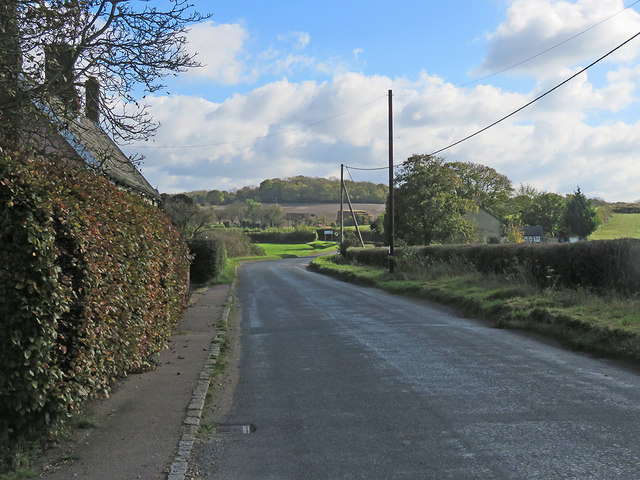LCC committee member James Bartholomeusz reflects on rural campaigning in the 2018 local elections.
At least two things have happened to our public discourse since the EU referendum. On the one hand, the quality of democratic debate has degenerated into a shouting match between opposing sides, with neither even pausing to listen to what the other has to say. On the other, there has been the worrying tendency in certain urban liberal and Left-wing circles to write-off those ‘peripheral’ communities that generally voted for Brexit, including areas that make up Labour’s historic bedrock of support. In this context, I expect some would be incredulous at me saying I spent much of last month campaigning with our BAME candidate in rural Hertfordshire.
Firstly, it should be said that our candidate was a local woman with decades of experience in the public and third sector. She did not have a background in politics; it was her first time standing for election, and she was not parachuted in from a more pro-Labour district. She did, however, care deeply about our local area and wanted to ensure that a Labour name was on the ballot paper in what had historically been safe Tory territory. (I stood for the division that incorporates this ward in last year’s county council elections and came second with just 16% of the vote.)
Secondly, while Hertfordshire has been drawn into the economic orbit of London it is far from universally wealthy. With its combination of executive homes for commuters and rural social housing I suspect my district is among the most unequal in the region. There are plenty of people whose socio-economic profile would match those of core Labour voters in other parts of the country.
The problem is that, both nationally and locally, Labour has too often given the impression that it has abandoned areas like mine as irrevocably conservative (with both a big and small ‘c’) and therefore unwinnable. Yet this sort of conclusion can easily become a self-fulfilling prophecy. It is deeply frustrating to look down at the printout on your clipboard and see that some households on the street have not been canvassed since the 1990s. Expressing the intention to vote Conservative in a local election last century can apparently be enough to ensure you remain a pariah among Labour activists for 20 years or more. How, one wonders, are we supposed to persuade people to change their vote if we don’t offer them the basic courtesy of a conversation?
Of course, some of this is to do with more than individual households: entire areas can be neglected on the assumption that they are irredeemable Tory heartlands. This is partly understandable in the heat of an election campaign, where there are limited print and human resources to be expended and the best results will come from ensuring reliable Labour voters make it to the ballot box. But this is not an excuse for Labour ignoring whole communities in the long gaps between elections. It is a cliché, but an accurate one nonetheless, that the campaign for the next election begins the morning after polling day.
In wards and divisions represented by Labour councillors it is obviously good practice to keep voters updated with the hard work being done on their behalf. Where, as in many rural and semi-rural areas, there are no Labour councillors, this doesn’t mean there is no work to be done. Indeed, some of the most fertile territory to build electoral support can be precisely in place which have long endured a blue monopoly. Many of the people who answered doors in the lead-up to the election were pleasantly surprised to have any party visit them at all. The incumbent Conservative councillors had become so lax after years of reliable majorities on low turnouts that they had apparently stopped bothering to canvass at all. In these circumstances, it was almost too easy to push a narrative of Tory fecklessness in contrast to a fresh Labour candidate.
I will be dining out on one particular example for quite some time to come. We were out on a Sunday in the working-class outskirts of one of the local towns, and we came upon a house which had not been canvassed since 2005. The single mother inside had said that year she would be voting BNP, and activists had clearly avoided the house like the plague since then. Our Asian-British candidate knocked on the door and had a friendly exchange with the woman about the key local issues, at the end of which she said she would be happy to vote Labour on 3 May. All it took was a few minutes of conversation to amend the data next to her name on the clipboard.
It was always going to be a long-shot in this ward, and although we knocked a sizeable chunk off the incumbent’s majority we didn’t win. However, invaluable foundations have been laid for the next local and general elections; we have started building Labour’s ‘brand’ in the area. This, I believe, is what we need to be doing in rural and coastal areas across Britain. It might not be a comfortable idea in some quarters of the party, but we need to do much more to reach out beyond our core vote. That all starts with a single conversation on the doorstep.
Image: ‘On the edge of Hertfordshire’ courtesy of John Sutton, released under Creative Commons Attribution-ShareAlike 2.0 Generic license.


Leave a Reply